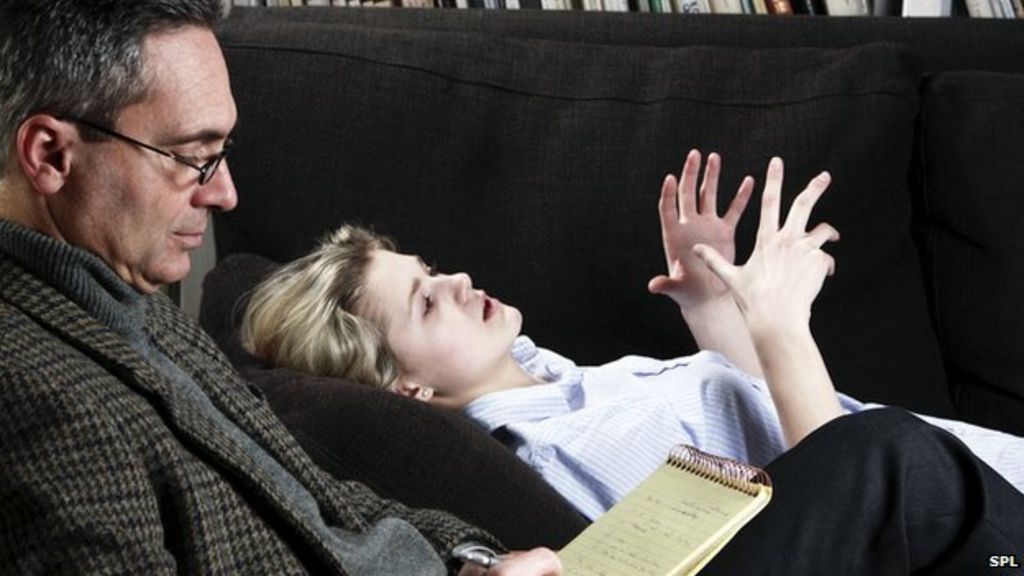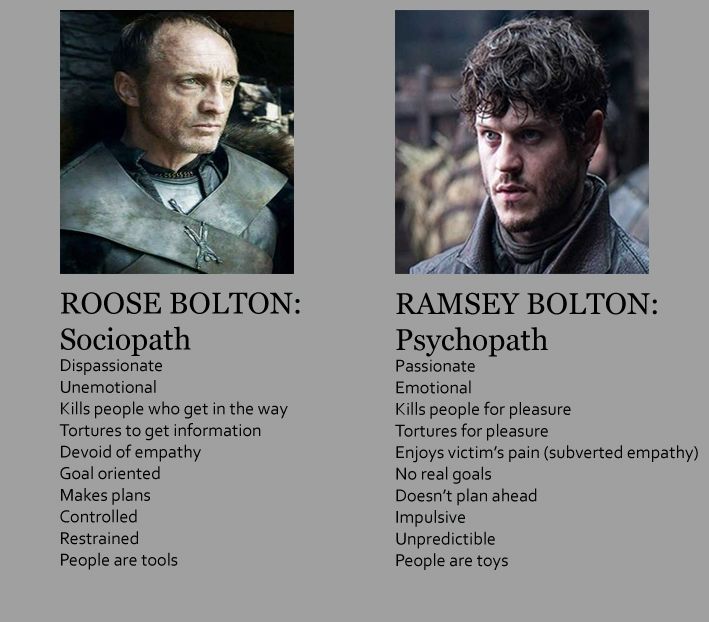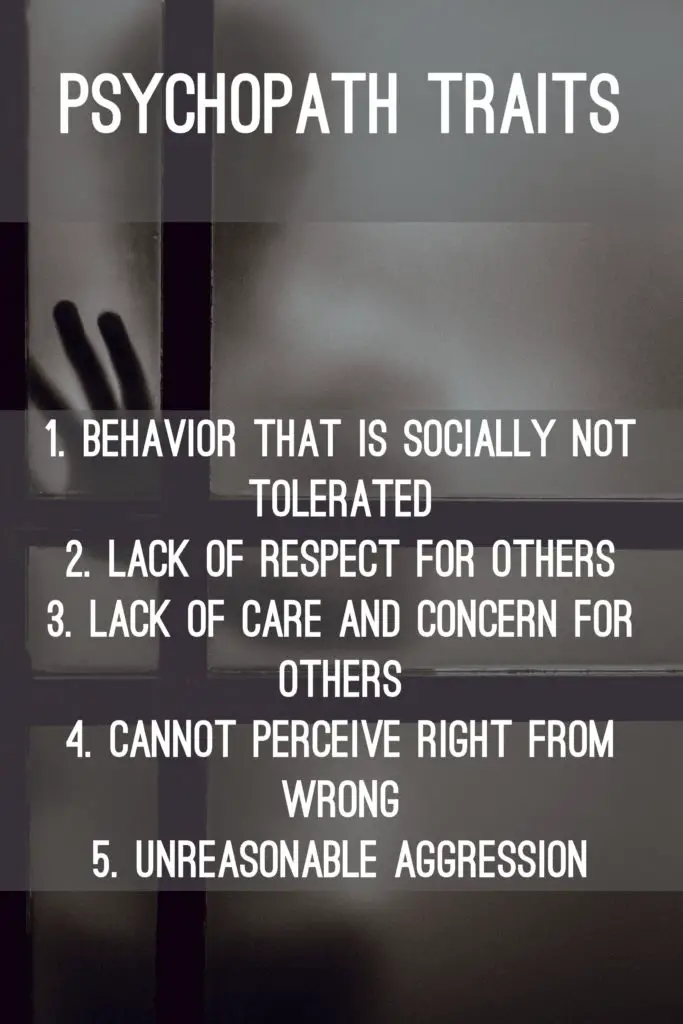Can depression be addictive
Can You Be ‘Addicted’ to Depression?
Depression and addiction can happen at the same time. And while some may find solace in depression, you can’t become addicted to it.
Depression may cause feelings of sadness, worthlessness, and loss of interest. This common condition can lead to physical symptoms, like trouble sleeping, appetite loss, and fatigue.
For some people with depression, symptoms may have the potential to affect quality of life.
Addiction also can affect a person’s actions and behaviors. While many believe that addiction can only happen with substances like tobacco or alcohol, behaviors may be addictive, as well.
Although depression and addiction can occur together, depression itself is not an addiction. You or a loved one can’t actually be addicted to depression.
Is depression addictive?
Depression is not addictive in the same way as drugs or alcohol may become addictive. With substances like drugs or alcohol, use may damage or replace the brain’s survival mechanisms which help it to identify pleasure or impending danger.
According to the National Institutes of Health, as a person develops substance use disorder, the substance takes over the pleasure-seeking aspect of the brain, which makes you want more and more.
The substance can also take over the part of the brain that alerts you to danger. When this occurs, you may feel anxious when not using the substance, which could make you want to use more of it.
Depression symptoms
Depression is a common mental disorder, affecting 6.7% of adults a year and up to 16.6% of adults during their lifetime.
Depression symptoms can vary from person to person and range from mild to severe. Common symptoms of depression include:
- feeling sad, down, or experiencing low moods
- feelings of guilt or worthlessness
- disinterest in activities you once enjoyed
- insomnia or sleeping too much
- lack of energy
- unintentional weight gain or loss
- difficulty concentrating
- thoughts of self-harm or suicide
To be diagnosed with depression, symptoms must last for 2 weeks or more and negatively impact a person’s everyday functioning.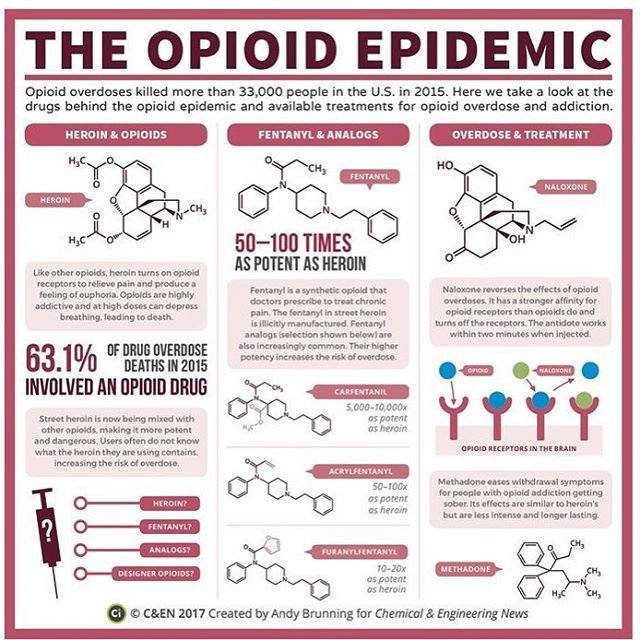
Finding comfort when depressed
Depression can make you feel bad physically and emotionally. Some people may try to find ways to make themselves feel better by seeking comfort from a variety of sources.
As Jennifer Crall, PhD, a psychologist in Quakertown, Pennsylvania, says, “People tend to find comfort in what they are familiar with.”
For people living with depression, this may mean trying to self-comfort through familiar behaviors or feelings associated with depression, like sleeping or eating.
“I wouldn’t use the language of addiction to describe this,” Dr. Crall continues. “It has to do more with fixed cognitive patterns and possibly even fixed neural pathways.”
Depression treatment may take time
While depression is treatable, treatments like medication and therapy may take time to work.
Antidepressants can take anywhere from 2 to 4 weeks to begin working and up to 2 to 3 months before the medication’s full effects are felt. It may take a trial and error to find the right antidepressant and dosage for you.
It may take a trial and error to find the right antidepressant and dosage for you.
Cognitive behavioral therapy (CBT) might also take time to work, since CBT involves learning how to recognize negative thinking and how to change thoughts and behaviors to a more positive response.
For some people, therapy may help you feel better in just a few weeks, but for others it may take longer.
Substance use disorders
Addiction to substances like drugs is formally called “substance use disorder,” while alcoholism or alcohol addiction is known as “alcohol use disorder.”
If you use a substance over and over, it may change how the brain functions even after the effects of the substance have worn off. These substances can often cause a period of intense pleasure or a sense of calm.
Non-substance use disorders
Non-substance addiction is similar to substance use disorder.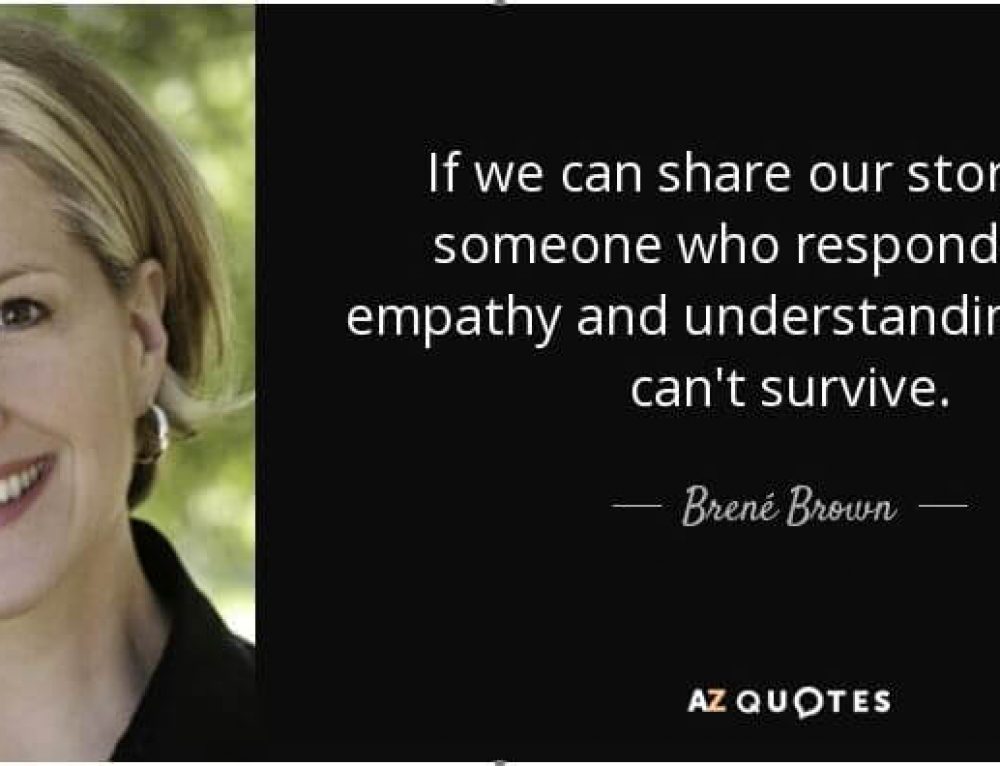 However, rather than becoming dependent on a substance, it may be possible to become addicted to behaviors, such as:
However, rather than becoming dependent on a substance, it may be possible to become addicted to behaviors, such as:
- gambling
- eating
- using the Internet
- using your cell phone
Research published in 2017 suggests non-substance addiction uses similar rewards mechanics in the brain.
The non-substance addictions can be complex and difficult to diagnose as they require ruling out other conditions that may explain the behaviors. For example, food addiction may be mistaken as an eating disorder and a doctor must rule it out as a possibility.
Depression and addiction connection
Depression and addiction can, and often do, occur together. However, it is not always easy or possible to determine which came first or which caused the other.
According to the National Institute on Drug Abuse, there are at least three possible ways they connect:
- mental health conditions, such as depression, can lead to substance use disorders
- substance use can cause symptoms of mental health conditions, like depression
- overlapping or underlying conditions can cause both mental health and substance use disorders to occur at the same time
Many people living with depression may turn to substance use to seek a break from painful thoughts or symptoms of depression.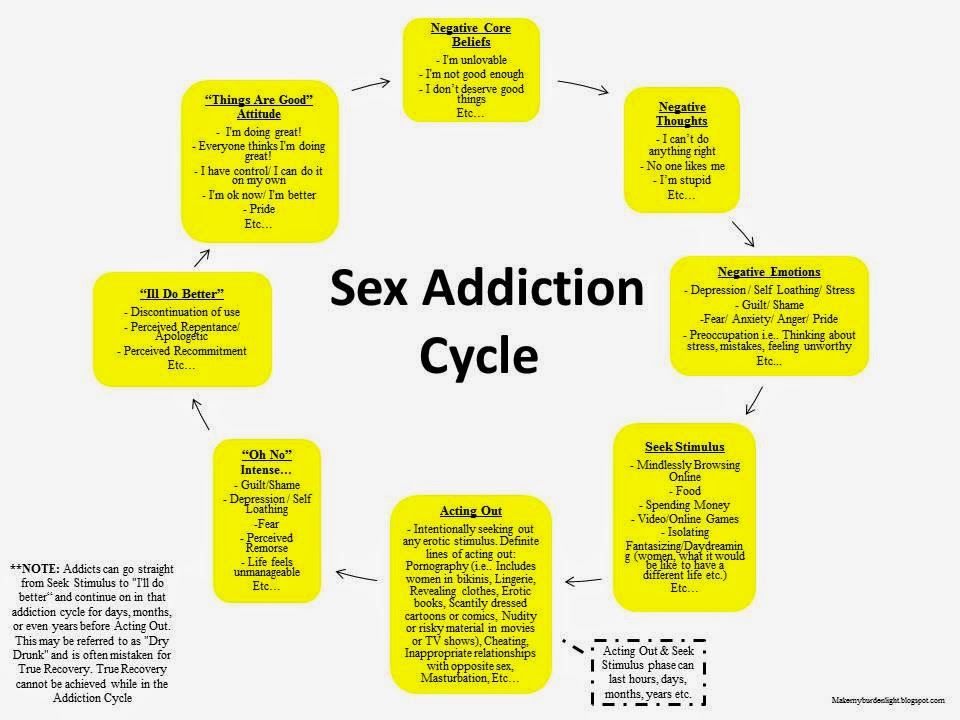
However, it’s important to note that living with depression does not automatically mean you’ll become addicted to a substance or activity.
Next steps
Depression can feel overwhelming, particularly if you have been living with it for a long time. However, you’re not alone.
Depression is a treatable condition, and many people with depression live happy, well-balanced lives. Finding the treatment plan that works best for you can often make all the difference in living well with depression.
Talking with your doctor or therapist about a treatment plan may be the best first step. Like all mental health conditions, it may take time and effort to find what works for you, and you might have to try multiple strategies.
Treatment plans for depression can include:
- therapy
- medication
- self-care
If you are ready to get help for depression or a substance use disorder, the Substance Abuse and Mental Health Services Administration (SAMHSA) hotline offers free, 24/7 support.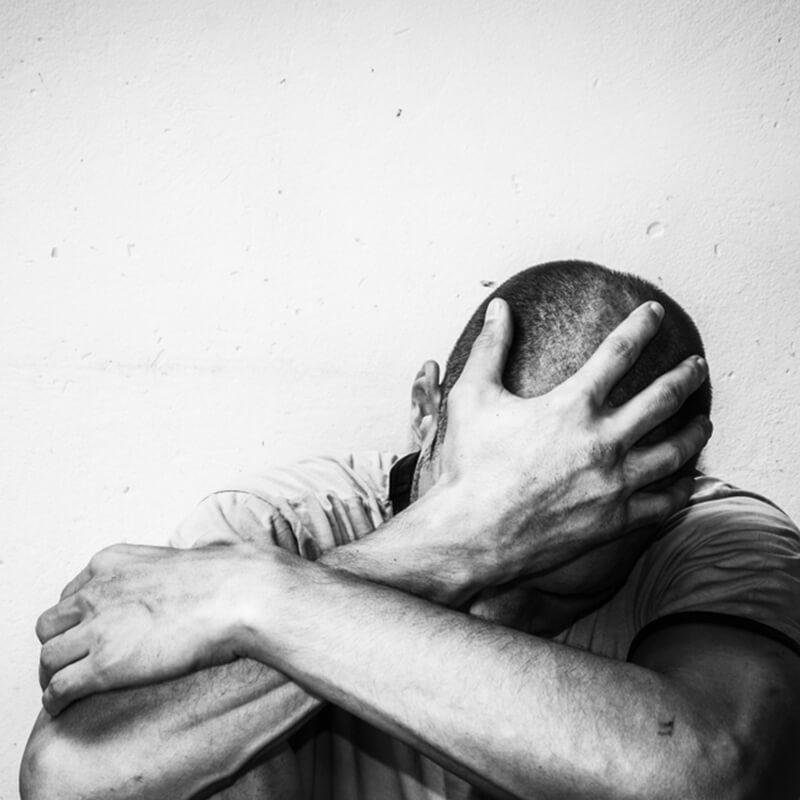 Call 800-662-HELP (4357) or visit their online treatment center locator.
Call 800-662-HELP (4357) or visit their online treatment center locator.
Suicide prevention
Remember that you’re not alone and resources are available to you. If you need to talk to someone right away, you can:
- Call the National Suicide Prevention Lifeline 24 hours a day at 800-273-8255.
- Text “HOME” to the Crisis Textline at 741741.
Not in the United States? You can find a helpline in your country with Befrienders Worldwide.
Why Does Depression Feel Comfortable: Addicted to Depression
If you have lived with depression for a while, you may find that depression feels comfortable. While you cannot become addicted to depression, there are a few reasons why you may feel content with the status quo.
Remember, though, that you can overcome depression and experience a new normal that is richer, fuller, and closer to your true self with the right support.
What Is Depression?
Depression is a mental illness characterized by periods of low mood that last for weeks or months and impact your everyday life.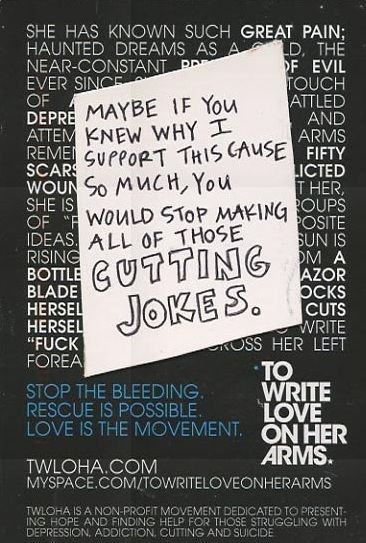 There are several different types of depression, such as:
There are several different types of depression, such as:
- Major depressive disorder (MDD) - MDD is characterized by persistent low mood, loss of enjoyment in activities, and feelings of hopelessness.
- Bipolar depression - Bipolar is characterized by alternating periods of low and high mood.
- Seasonal affective disorder (SAD) - SAD is characterized by depressive periods that are associated with a particular season and recovery in between.
Depressed people may experience depression very differently from one another, and symptoms vary between each individual. However, some possible symptoms of depression include:
- Low moods
- Feeling tired
- Feeling hopeless
- Not finding pleasure in things you usually enjoy
- Trouble falling asleep
- Anxiety
People struggling with severe depression may also experience urges to self-harm, suicidal thoughts, suicidal ideation, and suicide attempts.
If you or someone you know may be struggling with depression, remember that you are not alone. Help and support are available to improve depressive symptoms and help individuals live rich and fulfilling lives.
Depression As a Comfort Zone - Are You Addicted to Unhappiness?
The short answer is no. You cannot become addicted to depression.
Addiction is a psychological and behavioral state where you compulsively seek a substance or engage in a certain behavior, despite any negative consequences. It is characterized by physical changes to your brain's reward system, an area of the brain that regulates the reinforcement of life-preserving functions.
Certain substances and behaviors can hijack this reward system, producing strong urges to repeat unhealthy behaviors that can be very difficult to resist. Addiction usually involves intensely pleasurable activities that release large amounts of dopamine, a feel-good chemical that makes you want to repeat the activity.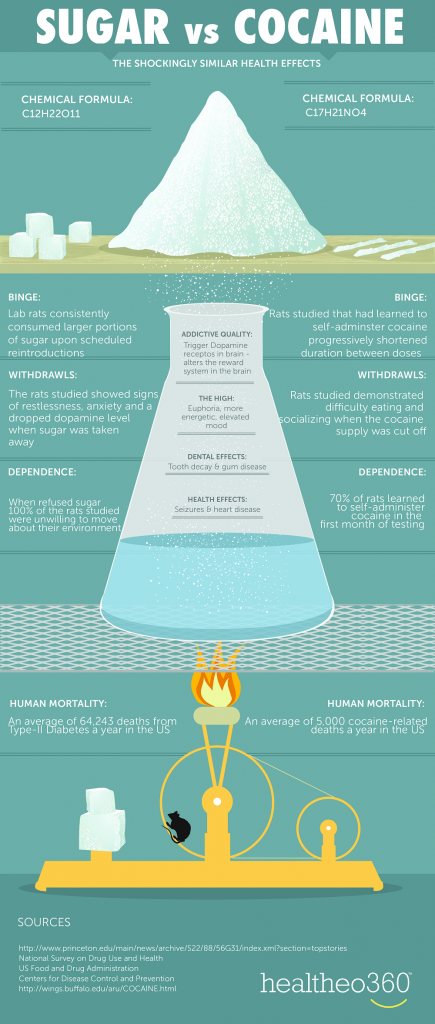
On the other hand, depression is not a pleasurable state and does not affect our reward system in the way substances and certain behaviors can. Depression comes with no 'reward' that could drive addictive behavior.
The Strange Comfort of Depression - Why Do I Feel Comfortable Being Depressed?
If you have lived with depression for some time, whether as a single period or a cycle of chronic depression, depression may feel like your comfort zone. You may feel like being depressed is part of your identity, that it offers an explanation for your experience of the world, or that recovery would involve reinventing a new you.
These feelings are normal and, to an extent, true. A depressive disorder does shape how you experience the world. Likewise, recovery does require introspection and personal growth.
But it's important to recognize that while the journey may not be easy, it is an incredible one that opens the door to a more prosperous and fuller world.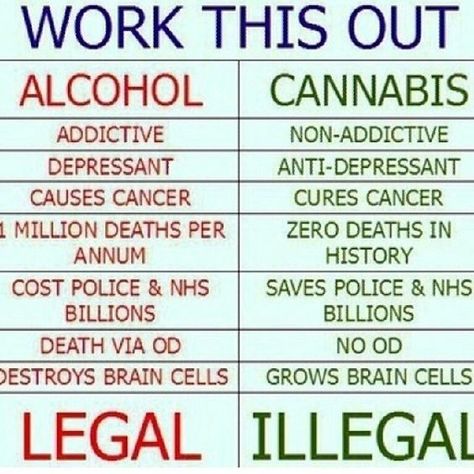 Reinventing yourself doesn't mean changing your identity - it means finding your inner self, a self that can find happiness in the world and perform to its full potential.
Reinventing yourself doesn't mean changing your identity - it means finding your inner self, a self that can find happiness in the world and perform to its full potential.
Sometimes it can be tempting to just 'keep going' with the status quo, especially if previous treatments haven't worked. You may feel that you are fine, can handle it, and it's not worth the effort.
However, there are many different evidence-based treatment options out there, and it's worth giving them a try. Mental health recovery centers and mental health professionals may advise you on what could work best for you and offer individualized treatment plans.
From medication to psychotherapy to transcranial magnetic stimulation (TMS) therapy to mindfulness, there is support available. You deserve to feel better.
What Are the Causes of Depression?
There is no single cause of depression. Instead, there may be several different triggers and risk factors involved. These include:
- Experiencing an upsetting or stressful event, such as bereavement, illness, divorce, or redundancy
- Personality traits such as low-self esteem, which may be inherited from your parents, a result of environmental triggers, or both
- Having a family history of depression
- Giving birth
- Loneliness
- Substance abuse
Common Questions
Do People With Depression Like Sad Things?
A 2015 article in the Association for Psychological Science explores the observation that people who feel depressed are more likely to engage in melancholy activities that prompt sad emotions. Several studies have found those living with depression are more likely to engage with stimuli that cause moderate to intense sadness.
Several studies have found those living with depression are more likely to engage with stimuli that cause moderate to intense sadness.
The article suggests that this phenomenon may be rooted in our emotional regulation. Emotional regulation is the process of changing negative emotions into more desirable ones. People living with depression, however, may be choosing the wrong goal for their emotions. They may choose to regulate them in a direction that reinforces their negative mood.
Scientists do not have a clear explanation for the phenomena. One suggestion is that we may choose to experience emotions that we feel verify ourselves. If someone views themselves as depressed, particularly if they have low self-esteem, they may think that experiencing sadness reaffirms who they are. That said, depressed people still reported that they preferred happiness to sadness, suggesting a will to overcome their condition.
Why Is Melancholy Comforting?
There may have been times that you've listened to melancholy music or read sad poetry when you've felt down. In doing so, you may have expected to feel better. Many times you do - but why is that?
In doing so, you may have expected to feel better. Many times you do - but why is that?
A recent study by Durham University found that sad music can be enjoyable because it triggers positive memories that can improve your mood. People reported that sad music produced responses of pleasure, comfort, and pain. Often, these reactions result from happy or sad memories triggered by the music.
There are alternative explanations of the neurological and sociological processes that underpin this phenomenon. One suggestion is that we like to listen to music that mirrors and verifies our life experiences.
A second hypothesis posits that melancholy music is linked to the chemical prolactin, a hormone that helps overcome grief. The body may begin to prepare itself to adapt to a perceived traumatic event. Even when this doesn't occur, it's left with a mix of hormones and chemicals that help you feel better.
We know listening to music in general releases dopamine, a hormone associated with motivation and reward.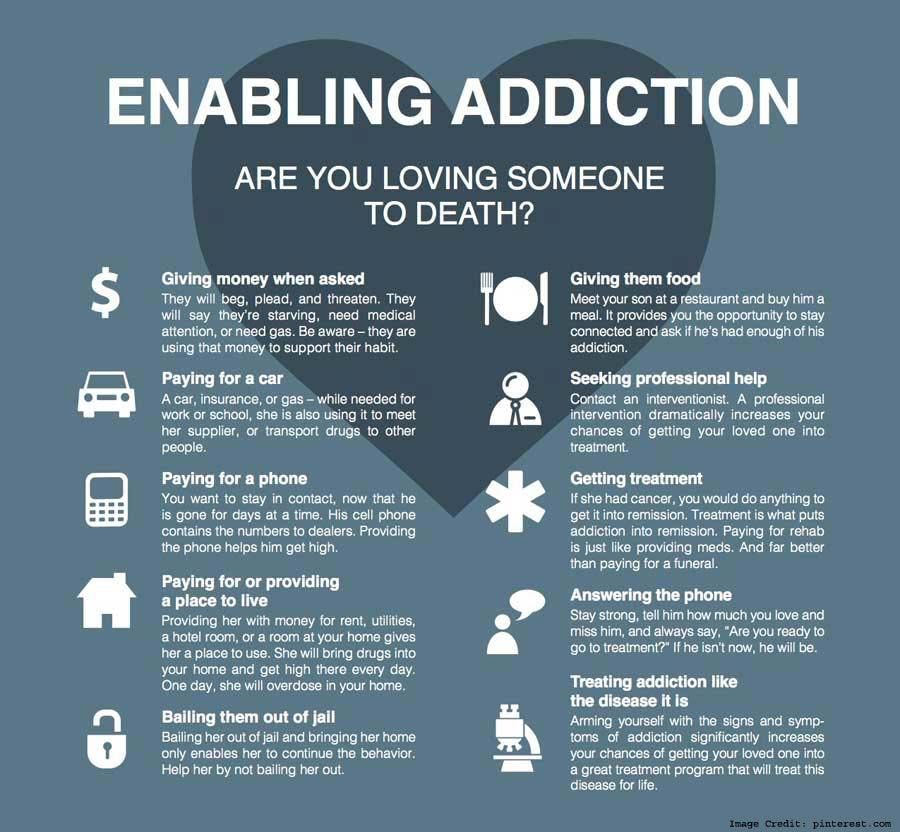 It may be the experience of listening to music in general - not its melancholy nature - that helps improve our sad mood.
It may be the experience of listening to music in general - not its melancholy nature - that helps improve our sad mood.
Treatment for Depression at GIA Miami
If you are suffering from depression, remember that you don't have to feel like this. With the right support, you can overcome depression and live a rich and fulfilling life.
At GIA Miami, we understand that the reason for your depression is unique. We design bespoke programs based on your individual needs to offer you the best chance of reaching your mental wellness goals.
Our world-leading programs are based on the most up-to-date science and evidence-based therapies, delivered with compassion and respect. Our team comprises world leaders in TMS therapy, an innovative therapy for treatment-resistant depression that has turned many clients' lives around.
At GIA Miami, we're here to help you reach your best self. Contact us today for a consultation session.
what we really know about it
In the first part, we analyze what it is in general.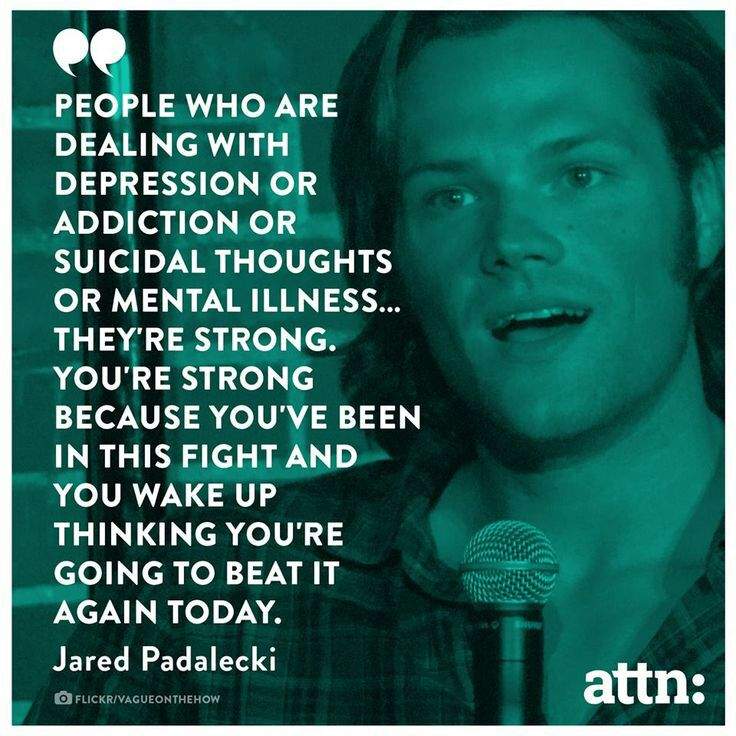 Contrary to popular prejudices, depression is not “only for wimps” and is not “just a bad mood”, and it was not invented by pharmaceutical companies - the biblical Saul suffered from it thousands of years ago and was treated by Hippocrates, who called it melancholy. This is a bodily disease that cannot be started and must be treated, including with antidepressants - which do not cause rapid addiction at all - because it is usually impossible to get rid of depression by willpower. nine0004
Contrary to popular prejudices, depression is not “only for wimps” and is not “just a bad mood”, and it was not invented by pharmaceutical companies - the biblical Saul suffered from it thousands of years ago and was treated by Hippocrates, who called it melancholy. This is a bodily disease that cannot be started and must be treated, including with antidepressants - which do not cause rapid addiction at all - because it is usually impossible to get rid of depression by willpower. nine0004
The whole lie about depression
Perhaps there is no other disease around which the "collective unconscious" would generate as many myths as around depression. Starting with the opinion that this is just an invention of weaklings and sloths, who want to justify their procrastination and inability to fight in this way, and to scary stories about fatal addiction to pills. In fact, this is a complex of biochemical phenomena in the body, and not always the body of a person, even one with a very strong will, is able to cope with the problem on its own.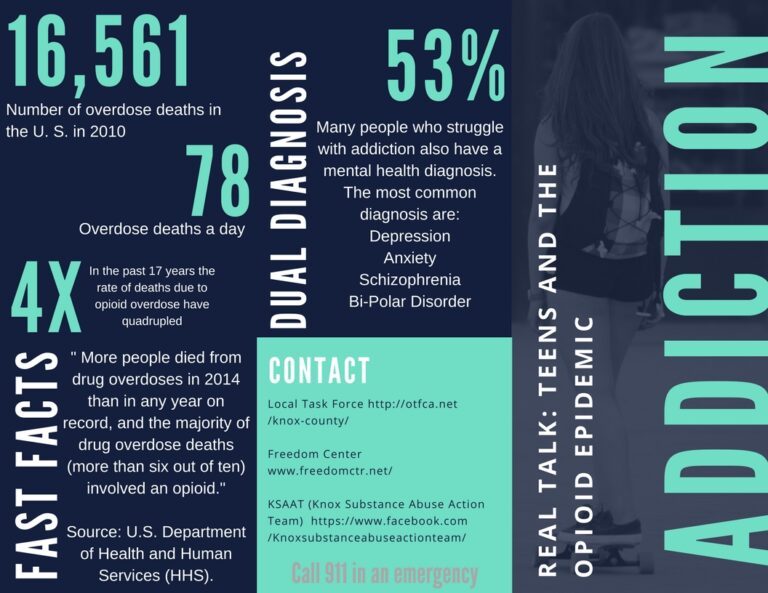 nine0005
nine0005
Let's start by listing the most popular, most global, harmful and far from the truth prejudices:
"There is no such thing as depression."
It still exists. There are about twenty varieties of this disease in the International Classifier of Diseases. According to WHO, up to 20% of the world's population has experienced a depressive episode at least once, and these are only registered cases - the real number of "recovered" is obviously much higher. “Most of my colleagues agree that approximately 60-80% of patients with symptoms of depression do not come to the attention of specialists at all. - comments Dmitry Martynyuk, psychiatrist, psychiatrist-narcologist, psychotherapist. “People just don’t understand that it’s a disease, they think that their condition is normal, and sometimes live with depression of varying degrees of severity for years.” nine0005
“Before, there was no depression, this disease was invented by pharmaceutical companies in order to sell antidepressants.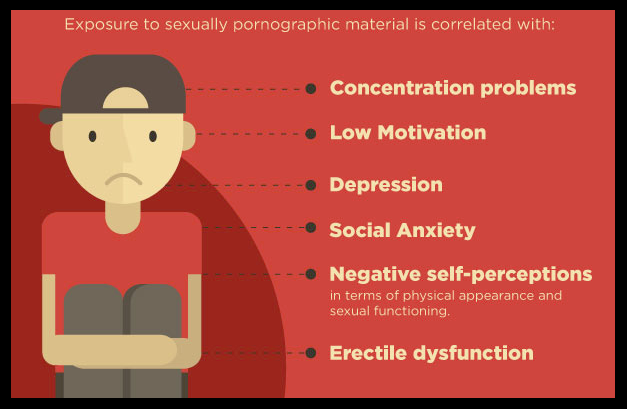 ”
”
Indeed, the very word "depression" appeared not so long ago - in the 19th century, and became popular only towards the middle of the 20th century. However, the phenomenon that modern medicine understands by this word has been familiar to mankind for more than one millennium. Descriptions of depression, which are quite consistent with modern ideas about it, are present in the Bible (the first king of the Jews, Saul, who lived in the 11th century BC, suffered from it), in Homer's Iliad, among the Greeks Democritus and Pythagoras of Samos. Hippocrates also described depression and the means of dealing with it - it was he who gave this disease the name "melancholy", under which depression was known until the appearance of the modern term. Moreover, Hippocrates attempted to create a classification of various types of melancholia and, in fact, was the first to introduce the now commonly used division of depression into those provoked by external factors and causeless (now they are called exogenous). nine0005
nine0005
In subsequent centuries, doctors regularly attempted to describe and classify depression, and offered various methods of treatment, many of which (for example, “healing” with music) with some adjustments entered the arsenal of modern psychotherapy. However, for the most part, the old (especially medieval) methods of dealing with depression were more like torture than therapy - patients were tied to chairs, beaten, immersed in ice water, etc. For a long time before the discovery of antidepressants, the main treatment for depression was opium (which, as you might guess, did not contribute much to persistent remissions). Perhaps partly due to the fact that humane methods of treatment were formed only in the last century, the unwillingness of people far from medicine to admit that they may have “something like that” is partly due. nine0005
“Depression comes from weakness. Strong people cope with a bad mood on their own, without any doctors and medicines.
For starters, "bad mood" and depression are fundamentally different phenomena.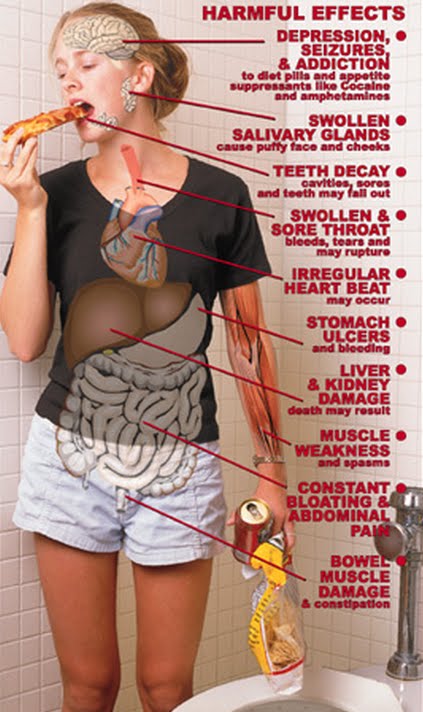 “A bad mood always has some reason, a person is able to voice this reason, the background of experiences directly depends on it,” explains Svetlana Minskaya, psychiatrist, psychotherapist. - A husband or wife left - a person feels anger, sadness. A loved one died - grief, sorrow. Threatens dismissal - anxiety. All of these are normal and even beneficial reactions, for example, anxiety allows you to activate all the resources, perform well and avoid being fired. But if an unpleasant event happened a long time ago, and the “bad mood” does not go anywhere, most likely, we can talk about depression. The same applies to “inadequate” reactions to events: if the news of a possible dismissal does not cause anxiety, but apathy, for example, then it is quite possible that this factor simply spurred something that had been “dormant” in a person for a long time - depression. nine0005
“A bad mood always has some reason, a person is able to voice this reason, the background of experiences directly depends on it,” explains Svetlana Minskaya, psychiatrist, psychotherapist. - A husband or wife left - a person feels anger, sadness. A loved one died - grief, sorrow. Threatens dismissal - anxiety. All of these are normal and even beneficial reactions, for example, anxiety allows you to activate all the resources, perform well and avoid being fired. But if an unpleasant event happened a long time ago, and the “bad mood” does not go anywhere, most likely, we can talk about depression. The same applies to “inadequate” reactions to events: if the news of a possible dismissal does not cause anxiety, but apathy, for example, then it is quite possible that this factor simply spurred something that had been “dormant” in a person for a long time - depression. nine0005
At the biochemical level, depression is a metabolic disorder of neurotransmitters (serotonin and norepinephrine).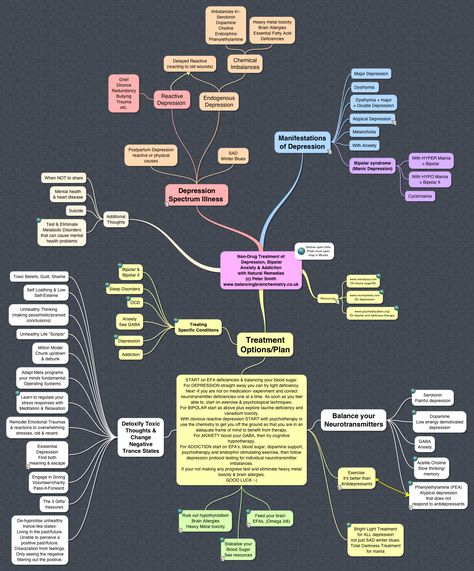 That is, the human body simply ceases to produce one of these substances in sufficient quantities, and it is impossible to force it to “restore indicators” by any effort of the will. Depression can overtake a person whom others consider "strong", just like "weak" - including for purely somatic reasons that have nothing to do with the psyche.
That is, the human body simply ceases to produce one of these substances in sufficient quantities, and it is impossible to force it to “restore indicators” by any effort of the will. Depression can overtake a person whom others consider "strong", just like "weak" - including for purely somatic reasons that have nothing to do with the psyche.
“Depression is due to idleness; a busy person cannot have anything like that.” nine0016
Lack of leisure is by no means a guarantee of the absence of depression, employment does not affect the metabolism of neurotransmitters. Moreover, often it is excessive employment for a long time that subsequently leads to the development of depression. In psychology, there is a term "emotional burnout" - this is a condition that often develops in people who are initially overly committed to their work, and it is especially common in representatives of the most "humane" and "meaningful" professions - doctors, volunteers working with socially disadvantaged strata population, etc.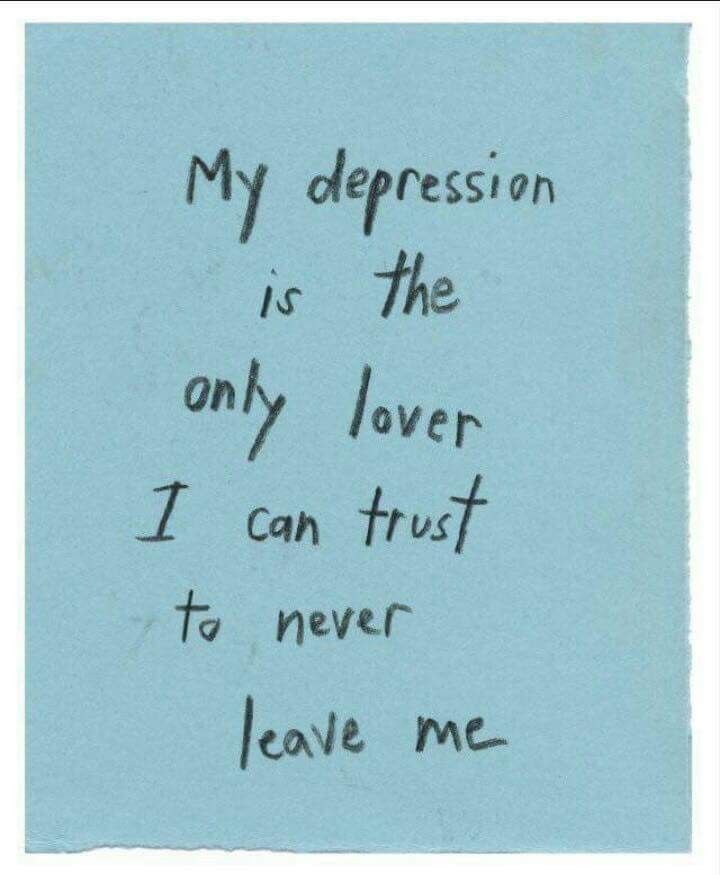 Gradually, the enthusiasm of a “burnout” person is replaced by apathy, a feeling of permanent fatigue, loss of meaning, dissatisfaction with one’s work and, as a result, a decrease in the quality of both work and life in general. Against this background, depression often develops, and sometimes, along with them, various somatic diseases. nine0005
Gradually, the enthusiasm of a “burnout” person is replaced by apathy, a feeling of permanent fatigue, loss of meaning, dissatisfaction with one’s work and, as a result, a decrease in the quality of both work and life in general. Against this background, depression often develops, and sometimes, along with them, various somatic diseases. nine0005
“Depression is when a person lies face to the wall around the clock and does not react to anything. Everything else is pampering / laziness / weakness / licentiousness / "just need to relax."
There are different degrees of severity of depression. “Lying facing the wall” most likely signals that depression is very severe, old and neglected. It is likely that it all started with an ordinary decrease in mood and some loss of interest in life, but due to the lack of treatment, the disease progressed, and now the recovery will be much longer and more difficult. However, “worsening” of depression over time does not always occur - often people live for years with mild or moderate depression, simply not knowing about it, not seeking treatment and significantly losing their quality of life. “Depression can even be lifelong,” notes Svetlana Minska. “It can be a very mild form - a person copes with all his duties, goes to work, maintains social contacts, but does not feel joy.” nine0005
“Depression can even be lifelong,” notes Svetlana Minska. “It can be a very mild form - a person copes with all his duties, goes to work, maintains social contacts, but does not feel joy.” nine0005
"You should never take antidepressants - they have terrible side effects."
Side effects of taking psychotropic drugs can, of course, occur. As with any other medication, try reading the appropriate section in the instructions for any cough or headache remedy, for example. These effects can be "terrible" only if the drug was chosen incorrectly, without taking into account the characteristics of a particular patient. That is why antidepressants and other drugs used to treat depression are prescribed only by a psychiatrist after a thorough history taking, and the patient takes them strictly according to the scheme, under the supervision of his doctor. nine0005
“In no case should you take antidepressants - they are addictive. Once you start taking them, you will take pills for the rest of your life.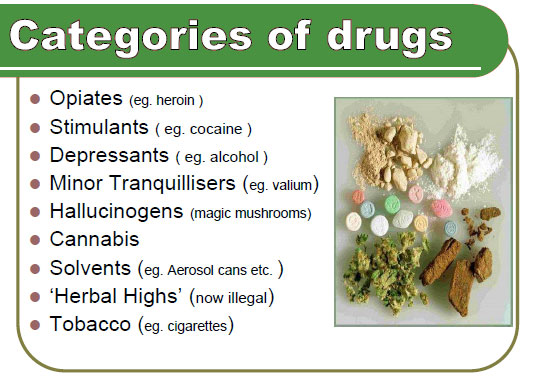 ”
”
Antidepressants are not taken “for life”, but in courses that allow you to achieve the desired effect. Everything is individual here: in some cases, a person is treated once for depression and forgets about “sitting on pills” forever, in others (for example, with a tendency to seasonal depression) throughout life, from time to time there is a need to repeat the course. However, "addiction" or "addiction", akin to narcotics, of all psychotropic drugs can only cause benzodiazepine tranquilizers, hypnotics and stimulants. nine0005
“It's important to understand the difference between addiction and withdrawal,” explains Svetlana Minskaya. - Habituation occurs if a substance introduced from the outside leads to the fact that the body ceases to produce its own substance with the same effect. For example, after prolonged administration of hormones, their own cease to be produced, and then addiction occurs. Or, as in diabetes, the pancreas does not produce insulin at all, and the person is unable to live without constant injections. The same thing happens when taking drugs that replace the internal "hormones of pleasure" - endorphins. With the abrupt withdrawal of a psychotropic drug, discomfort may also occur, since the external substance performed its functions in the body. The difference is that the body is able to start producing it itself after a while. Therefore, in order to avoid withdrawal syndrome, the doctor reduces the doses of drugs as gradually as they increased them. And in order to avoid the addiction syndrome, drugs that can cause it are prescribed in short courses and are also gradually canceled. In addition, there are drugs that can facilitate this process. nine0005
The same thing happens when taking drugs that replace the internal "hormones of pleasure" - endorphins. With the abrupt withdrawal of a psychotropic drug, discomfort may also occur, since the external substance performed its functions in the body. The difference is that the body is able to start producing it itself after a while. Therefore, in order to avoid withdrawal syndrome, the doctor reduces the doses of drugs as gradually as they increased them. And in order to avoid the addiction syndrome, drugs that can cause it are prescribed in short courses and are also gradually canceled. In addition, there are drugs that can facilitate this process. nine0005
How to recognize depression
The main symptom of depression, in addition to complaints of low mood, is anhedonia, that is, the inability to get pleasure even from those things that always caused it, and a lack of interest in previously beloved activities. Also, depending on the type of disorder, a person may feel apathy, or vice versa, be hyper-anxious.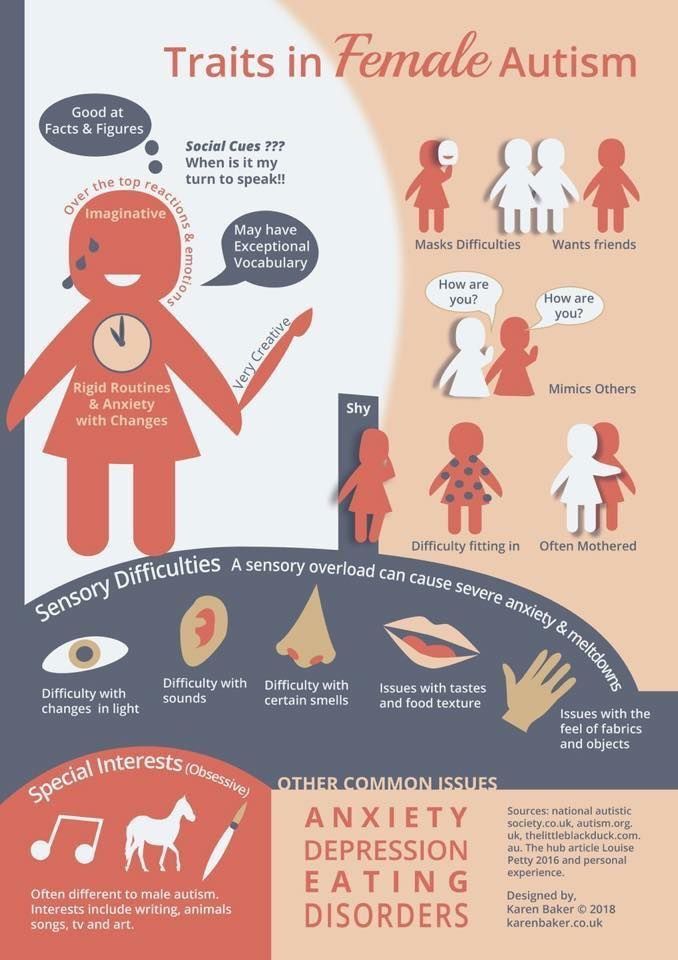 And sometimes these states completely replace each other throughout the day. Depression is clearly indicated by prolonged insomnia that is not caused by external circumstances (for example, a change in the time zone), a feeling of a “stone” or “clamp” in the chest, a feeling of guilt or one’s own worthlessness, “badness” in general (and not just shame because of what -something specific), and in severe degrees of the disease - suicidal tendencies. “These are not just thoughts about suicide, thoughts “in general,” Svetlana Minskaya clarifies, “these are thoughts about one’s own suicide as a way out of a difficult situation, about the fact that “it will be easier for others if I am gone.” When the condition worsens, a person begins to think about a specific way of leaving life, while often begins to give signs to relatives about his intentions. For example, asking if they have anything "such" (such as pills), or even openly saying that they want to kill themselves, it is possible to try to manipulate them in this way.
And sometimes these states completely replace each other throughout the day. Depression is clearly indicated by prolonged insomnia that is not caused by external circumstances (for example, a change in the time zone), a feeling of a “stone” or “clamp” in the chest, a feeling of guilt or one’s own worthlessness, “badness” in general (and not just shame because of what -something specific), and in severe degrees of the disease - suicidal tendencies. “These are not just thoughts about suicide, thoughts “in general,” Svetlana Minskaya clarifies, “these are thoughts about one’s own suicide as a way out of a difficult situation, about the fact that “it will be easier for others if I am gone.” When the condition worsens, a person begins to think about a specific way of leaving life, while often begins to give signs to relatives about his intentions. For example, asking if they have anything "such" (such as pills), or even openly saying that they want to kill themselves, it is possible to try to manipulate them in this way.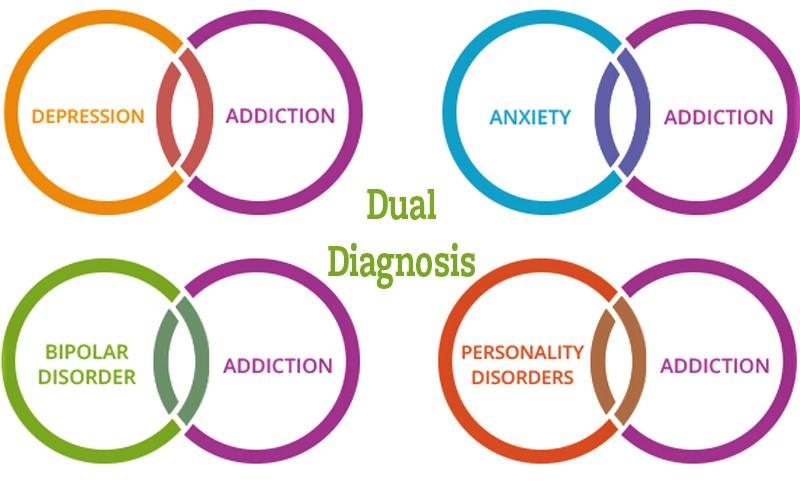 It’s good if loved ones respond, but it also happens that “manipulations” are deliberately ignored. Then the person has no choice but to really try to commit suicide, even demonstrative. Meanwhile, demonstrative suicides end in real death in about 25% of cases. nine0005
It’s good if loved ones respond, but it also happens that “manipulations” are deliberately ignored. Then the person has no choice but to really try to commit suicide, even demonstrative. Meanwhile, demonstrative suicides end in real death in about 25% of cases. nine0005
Masks of depression
It also happens that a person has depression (it is obvious that he is depressed, looks bad, stopped taking care of himself), but there are no specific complaints about a bad mood. “In such cases, the somatic (or bodily) sphere often begins to suffer,” explains Svetlana Minskaya, “such people, even before the development of the disease, differ in one characteristic feature - alexithymia, from “a” - absence, “lexi” - the word, “thymia” - mood . They do not know how to express their mood and feelings, and any, not only negative ones. It is also difficult for them to express sympathy for another, to understand his experiences, just as they poorly recognize and name their own. They can help, but "by deed, not by word." It is they who become the first candidates for the somatization of depression. Polyclinics are literally filled with such patients, seeking help from doctors of various specialties and not suspecting that they need to see a psychiatrist.” nine0005
They can help, but "by deed, not by word." It is they who become the first candidates for the somatization of depression. Polyclinics are literally filled with such patients, seeking help from doctors of various specialties and not suspecting that they need to see a psychiatrist.” nine0005
Almost anything can get sick “from depression”. “Patients complain of headaches, pain in the legs or back, menstrual irregularities, problems with libido and much more,” says Dmitry Martynyuk. - However, therapists rarely refer such patients to a psychiatrist - for example, in my practice there was generally only one such case. Much more often they come in a referral from a neurologist, although this is also the exception rather than the rule.”
How it works
Perhaps many do not want to "recognize" depression as an illness, simply because such recognition would automatically mean agreeing that all the intricacies of the human "inner world" and all the variety of emotions that we experience depend simply on a certain set of chemical substances.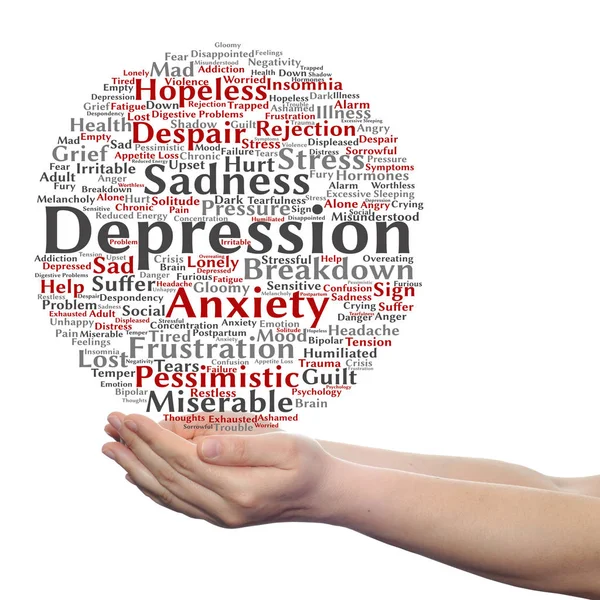
“In reality, chemicals really affect our mental well-being,” Svetlana Minskaya comments, “but they are not alone. The variety of emotions largely depends on upbringing, on whether a person was taught in childhood to distinguish between these emotions in himself and others. If not, even after the restoration of the normal level of all substances, the aleximitic will remain an aleximitic. In such cases, the psychotherapist has to take on the role of a mother and "teach" an adult what was not learned in childhood. nine0005
As for biochemistry, the concentration and activity of a special group of neurotransmitter substances, monoamines, affects the psyche. The "main" substances here are serotonin, norepinephrine and dopamine, it is they that cause the activation or inhibition of the nervous system. Just like blood pressure, for example, depends on the concentration of adrenaline in the blood.”
The task of neurotransmitters is to transmit information from one nerve cell to another. This happens in synapses, which consist of an axon and a dendrite. Monoamines act on the receptors of the perceiving neuron, after which they return back to the depot or are destroyed under the influence of MAO (the enzyme monoamine oxidase). nine0005
This happens in synapses, which consist of an axon and a dendrite. Monoamines act on the receptors of the perceiving neuron, after which they return back to the depot or are destroyed under the influence of MAO (the enzyme monoamine oxidase). nine0005
An excess or deficiency of any of these substances disrupts the functioning of the entire system, resulting in various mental disorders. On a biochemical, observable level, depression is just a lack of one of the monoamines.
Reasons to choose
If medicine is more or less clear about the biochemical processes that occur in the body during depression (although there are some gaps), then the causes of this disease are still being actively studied, and the final answer to the question "Where does depression come from?" science still, in general, does not know. nine0005
Conventionally, depression can be divided into three groups: psychogenic (or reactive), that is, provoked by some external event that traumatized the psyche, endogenous, that is, “occurring from within”, without a clearly expressed external cause, and somatogenic, that is, those caused by some other, somatic, disease.
Although at the moment the concept of “endogenous depression” is considered by some researchers to be outdated, it is still in use in the daily practice of psychiatrists. “In the treatment of such depressions, which accompany a person all his life and came out of nowhere, it is not so important whether there really were any reasons that provoked them,” comments Dmitry Martynyuk. “However, indirect clinical signs can be identified, which often indicate that depression is endogenous. For example, a certain daily rhythm: in the morning, such patients usually feel worse than in the evening. Hence the seasonal nature of depressive episodes. And, as a rule, when taking an anamnesis, it turns out that among the relatives of these patients there are those who also suffer from depression.” nine0005
“In general, any reactive depression endogenizes over time,” notes Svetlana Minskaya. - There is even such a term: endoreactive depression. That is, everything begins with a traumatic event, but over time it ceases to "sound", and depression goes on as usual.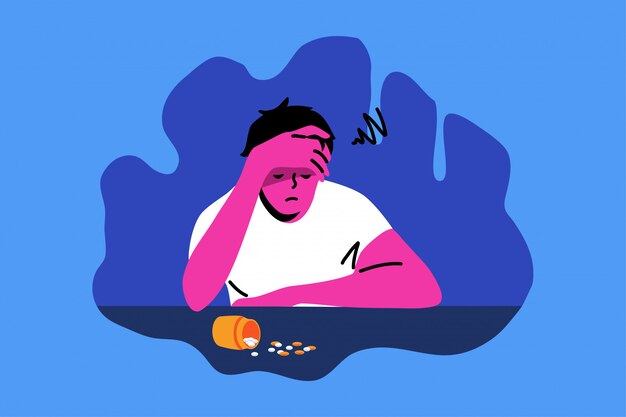 This is due to the general depletion of resources - the same serotonin and norepinephrine.
This is due to the general depletion of resources - the same serotonin and norepinephrine.
As for the somatic causes that can provoke depression, their name is legion. Literally anything can affect the development of depression. “Often in severe illnesses – heart attacks, strokes, diabetes mellitus, not to mention malignant neoplasms, an additional, already psychogenic, factor in the development of depression is the very knowledge of a person about his illness,” notes Svetlana Minskaya. nine0005
Finally, in addition to various diseases and disorders, depression can be caused by long-term use of certain drugs, as well as alcohol and drug abuse.
In general, the study of the etiology of depression continues - researchers regularly put forward new hypotheses (for example, about the infectious nature of depression), but most of them at the moment remain only hypotheses, and there have been no major revolutions in scientific ideas about depression in recent years.
However, despite the fact that the causes of this disease are not always completely clear, modern medicine is doing a very good job of treating it.
In the second part of this article, we are talking about ways to get rid of depression, as well as why psychiatrists were renamed psychoneurologists, what psychotherapy is and who needs it, what doctors talk to patients about, how they choose antidepressants and why throw Corvalol out of the home first aid kit.
Illustration source: nation-news.ru
Depression: lack of taste in life or compression of feelings?
- Katerina Arkharova
- BBC Russian Service, London
Sign up for our 'Context' newsletter: it will help you understand the events.
Photo copyright, PA
Photo caption,Depression often goes unrecognized
25 years ago, the antidepressant Prozac, or the "happiness pill" as it is also called, was first marketed in the West, prescribed to improve mood and treat depression. nine0138
nine0138
The drug was originally developed to lower blood pressure, but in the course of trials, another useful property was revealed: in a small group of volunteers with mild depression, mood improved markedly.
The advertised new drug suddenly seemed like a magic pill capable of unloading therapists besieged by dull hypochondriacs suffering from "everything and nothing", and where the pill is, there is the disease for which it was required.
Five years after the appearance of Prozac in the West, the novel "Prozac Nation" by Elizabeth Wurzel (and a film soon followed) in which the American journalist describes her depression in detail. nine0005
The trend, as always, was set by stars and other celebrities who began to stun the public first with the details of their psychotherapy sessions, then with a long list of medications taken to help overcome another "life crisis".
As a century before, girls were supposed to faint, and ardent young men to suffer from consumption, so it became almost fashionable to admit to being depressed, especially among the "creative" brethren.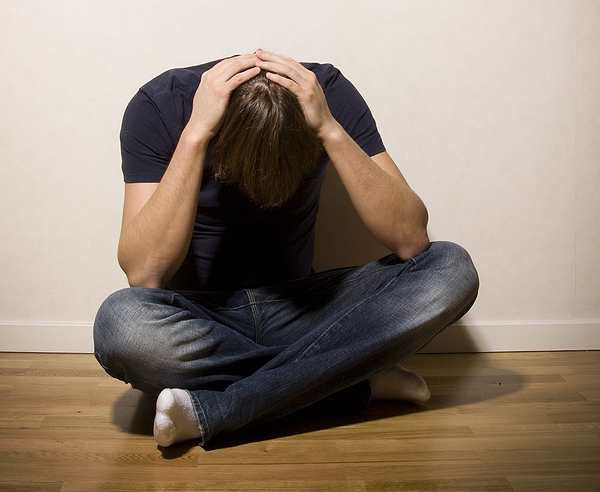
Runny nose in the war? nine0152
Where was the depression hiding before and why did we hear practically nothing about it in the Soviet Union? Either depression was class alien to Soviet people, or the effect of a “runny nose in the war” worked: when a family of five lives in the same room, you have to stand in queues for food, and go to the toilet with yesterday’s newspaper, then somehow it’s not up to depression?
Doctor of Medical Sciences, Professor Boris Polozhy from the Serbsky Institute dispelled my doubts on this matter, saying that depression was also diagnosed in the USSR, although, compared with Western countries, fewer depressive disorders were registered, which is partly due to the tradition of the domestic psychiatry, which did not single out depression as part of some other mental disorder. nine0005
However, since the end of the 20th century, there has been a worldwide trend towards an increase in the number of patients with depressive disorders of various nature - and Russia is no exception, the doctor testifies.
The author of the photo, SPL
Image caption,Prozac was also called "happiness pills"
"The attitude to this is quite serious, including the drug treatment of depression," Professor Polozhiy explains. "The only thing we don't go for , unlike, say, the United States, we do not recommend general practitioners to deal with depression, because after all, prescribing antidepressants and treating depression is a task that requires a certain specialization. nine0005
However, as the psychiatrist says, now even in Russia they are advocating that the local doctor could at least recognize depression and refer the patient to a specialist.
"And the fact that depression remains unrecognized, undiagnosed is a problem, because, alas, often the outcome of severe, untreated depression is suicide, and in this respect our country is not yet in the most prosperous place in the world," says the psychiatrist .
Compression of feelings
Skip the Podcast and continue reading.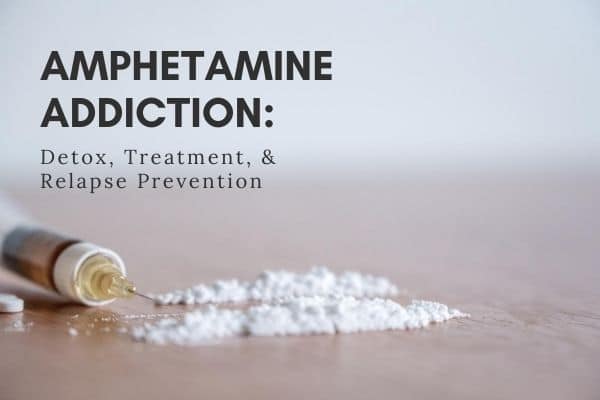 nine0005
nine0005
Podcast
What was that?
We quickly, simply and clearly explain what happened, why it is important and what will happen next.
episodes
End of story Podcast
In Britain, it is true that not only the diagnosis of depression, but also its treatment (not in especially severe cases) is the prerogative of the family doctor, not the psychiatrist. And if a few decades ago going to the doctor with complaints of despondency was considered a sign of "weakness of character", now getting an antidepressant, as N., who lives in London and wished to remain incognito, says, is very easy. nine0005
N., left with a young child in financially tight circumstances after a divorce, felt she needed some help, and her family doctor promptly prescribed her the antidepressant citalopram. However, she was surprised that this drug is prescribed for any condition - depression, anxiety syndrome, and anxiety attacks, without choosing a medicine for a specific person.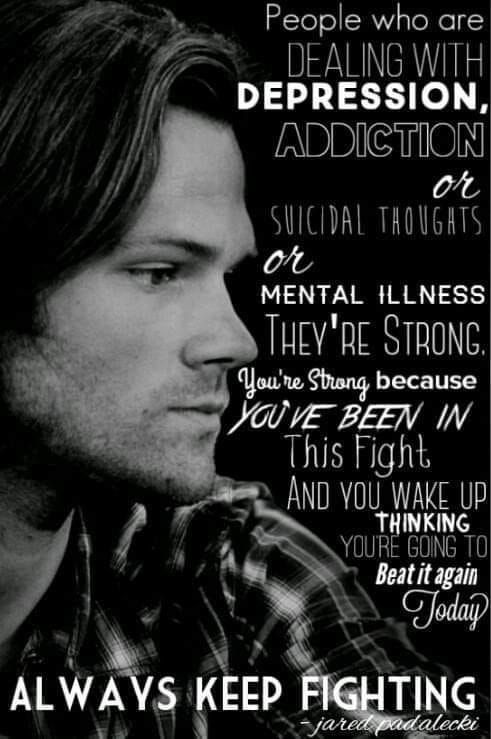
"These drugs are designed to even out your condition; you stop feeling anxiety, pain, depression, but at the same time they even out your positive feelings - there are no bright emotions in one direction or the other; they do not cure", - admits N.
Can antidepressants even "cure" depression or any other psychological condition?
"Most of the people I see here with depression are triggered by social situations, the fact that the person lost his job, that the person does not have a good home, or the husband is an alcoholic - that is, situations that the pill will never cure," explains the British family doctor Marina Diel. – Therefore, here a pill is like a stick for those who are lame, so that you can overcome some little things a little, give you a little more energy to cope and look at things differently. nine0005
Prozac and related antidepressants are selective serotonin reuptake inhibitors (SSRIs) and work by slowing down the excretion of so-called "neurotransmitters" (chemicals that help transmit impulses between nerve fibers) from the brain, in particular serotonin, the so-called "happy hormone".
It is believed that depression is sometimes caused by its lack, however, experiments have shown that a decrease in the level of serotonin does not always lead a person to depression, so how much exactly a person needs for happiness and whether it is the case, scientists do not know, therefore it is not surprising that many people have a prejudice against taking such drugs. nine0005
Internet diagnostics
According to the Mental Health Foundation, one in four Britons in the UK in any given year can be diagnosed with some kind of mental disorder, and according to the US National Institute of Mental Health (National Institute) of Mental Health), 10% suffer from some form of depression.
Is it easy to diagnose? Rather no than yes, Marina Diel believes, since this is a rather subjective assessment, both on the part of the doctor and the patient. nine0005
To be honest, now we are often diagnosed not by a doctor at all, but by the Internet.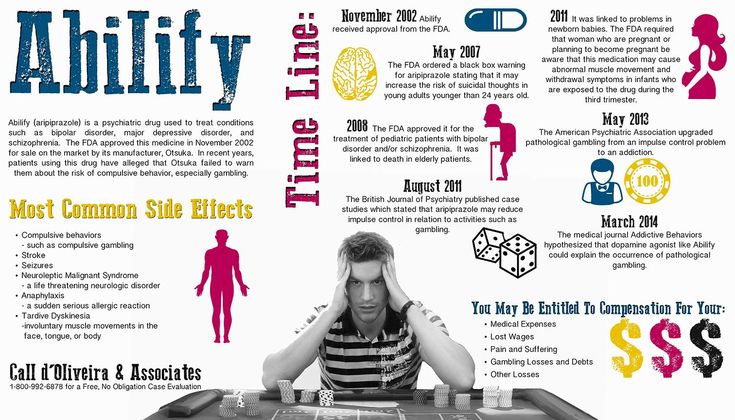 On the netdoctor.co.uk website, I found a Golberg test and, after answering questions, revealed that I had a "mild form of depression." However, another test - on the site depressedtest.com, where the questionnaire is larger - did not confirm the diagnosis. Can this method of diagnosis be trusted?
On the netdoctor.co.uk website, I found a Golberg test and, after answering questions, revealed that I had a "mild form of depression." However, another test - on the site depressedtest.com, where the questionnaire is larger - did not confirm the diagnosis. Can this method of diagnosis be trusted?
Of course not, says Moscow psychologist Natalya Yaroshuk: "The only big advantage of this is that for a person who doubts something, this will be another reason to turn somewhere." nine0005
At the same time, as Natalya Yaroshuk says, a competent psychiatrist, psychotherapist and even a psychologist of a depressive patient immediately calculates by appearance, since the disease "flows" outward and in posture, and in facial expression, and sometimes even in clothes .
"One of the manifestations of a depressive state is a weakening of muscle tone, a weakening of energy," she says.
How can one not recall here the directly opposite "diagnosis" of Dr.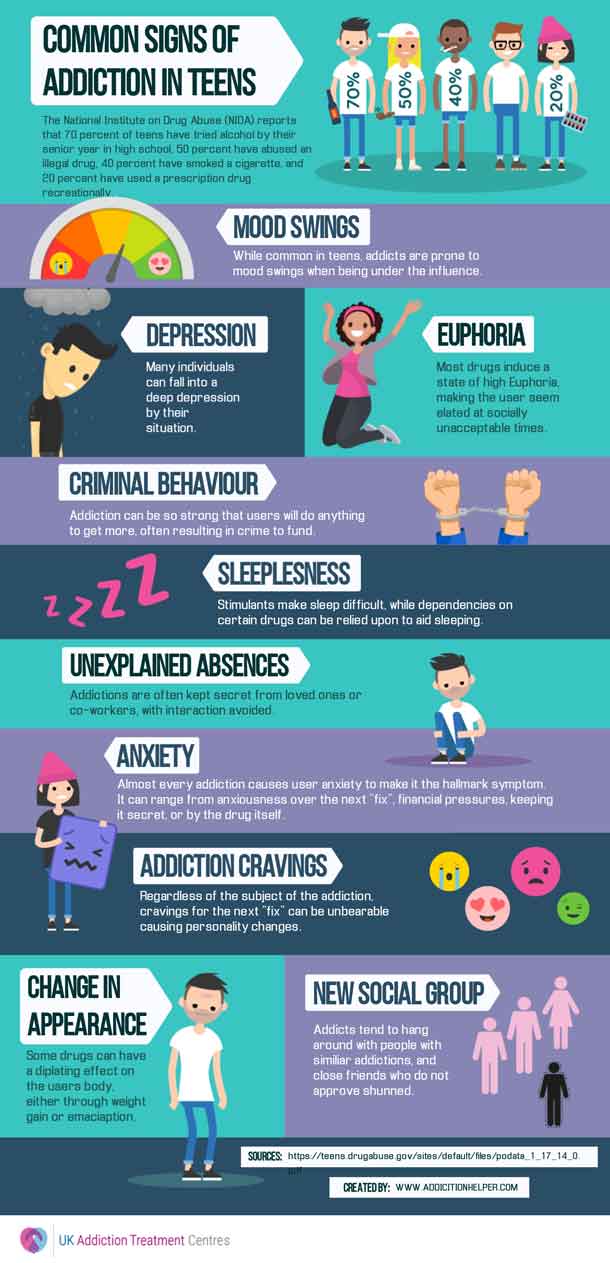 Chekhov, given by him, according to Bunin, to the decadents: "What decadents they are! - he said, - they are the heaviest peasants, they should be sent to prison companies ..."
Chekhov, given by him, according to Bunin, to the decadents: "What decadents they are! - he said, - they are the heaviest peasants, they should be sent to prison companies ..."
Lena's story
Lena, who lives in a small English town, came to her family doctor wearing make-up in a combat "outfit" and placed a sheet of A4 paper with the symptoms listed on it in front of him - it was difficult for her to speak aloud about her condition. The doctor sent her home, advising her to run for an hour every day, which, oddly enough, is also one of the ways to overcome despondency, known since the time of Horace, since endorphins ("hormones of joy") are produced during exercise. nine0005
Lena didn’t have any momentary reasons to fall into depression - everything was not so bad on the surface, but she internally experienced emigration to England, which was accompanied not only by the deterioration of the social status of the whole family, but also by financial hardships, and was dissatisfied with the new work, where the situation was not the most friendly.
On the third visit, Lena was prescribed an antidepressant, which from the very first half dose caused her to have a panic attack.
"I went to work and suddenly felt that something was happening to me: I was shaking, I had an attack, and I was working with people and I had to run away to the staff room," says Lena. nine0005
Lena was given to breathe in a bag - this method of relieving an attack, probably seen by many mainly in American cinema, is based on the fact that a person breathes carbon dioxide exhaled by him and thus reduces the flow of oxygen (which increases stress and tension during hyperventilation) to the brain .
“At the institute [in the Soviet Union], I had four years of medicine and we were given a diploma as a civil defense nurse, but I didn’t know what to do in such cases,” my interlocutor is surprised. nine0005
Both doctors and patients emphasize that antidepressants are not aspirin, they do not start to act immediately, and their effect is not the same for different people, so both the drug and the dose must be selected individually.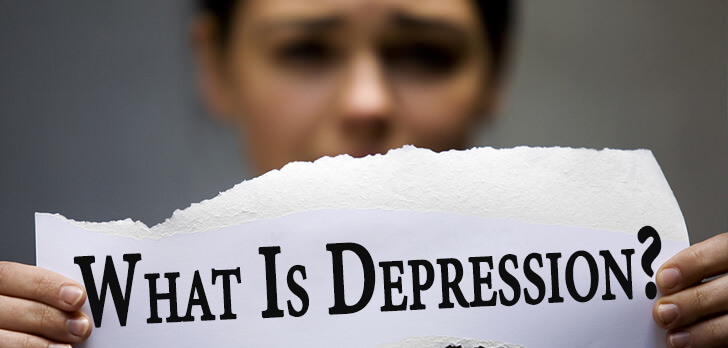
"Antidepressants at the very beginning can have a very strong side effect, so you have to be very careful with them," Lena warns. But all people have different bodies and different reactions to medications. nine0005
N., who took an antidepressant for a short time, admits that it is very difficult for people like her - people who like to keep everything under control, to be "in themselves" - taking pills that affect your emotional state and self-control.
"You feel like you're giving control to the pill, and that irritates your nature even more," N says. with depressions
Lena was eventually fitted with a medication that she has been taking for many years (also starting with a lower dose than recommended) during periods of deterioration, for example, in winter, when there is little sunlight and it is difficult to get out of bed and walk to work.
Antidepressants are not considered to be chemically addictive, unlike tranquilizers. But maybe we can talk about psychological dependence?
But maybe we can talk about psychological dependence?
"Most likely, yes, although not one hundred percent," answers Professor Polozhiy, "because sometimes diseases also adapt to drugs, and then you have to change drugs, use some other methods." nine0005
Patients with severe relapsing disease are forced to constantly use low dose antidepressants as a prophylactic, although the pros and cons of this approach, according to the psychiatrist, are still actively discussed.
"Psychological reasons cannot be ruled out: a person is already simply afraid of this condition and prefers to take drugs," says the psychiatrist.
On the other hand, a 2008 experiment in the Department of Psychology at the University of Hull in England found that patients with depression responded just as well to a placebo pill as those who took antidepressants. nine0005
As a result of these studies, scientists led by Professor Irwin Kirsch came to the conclusion that Prozac and other similar antidepressants are needed only for patients with severe clinical depression.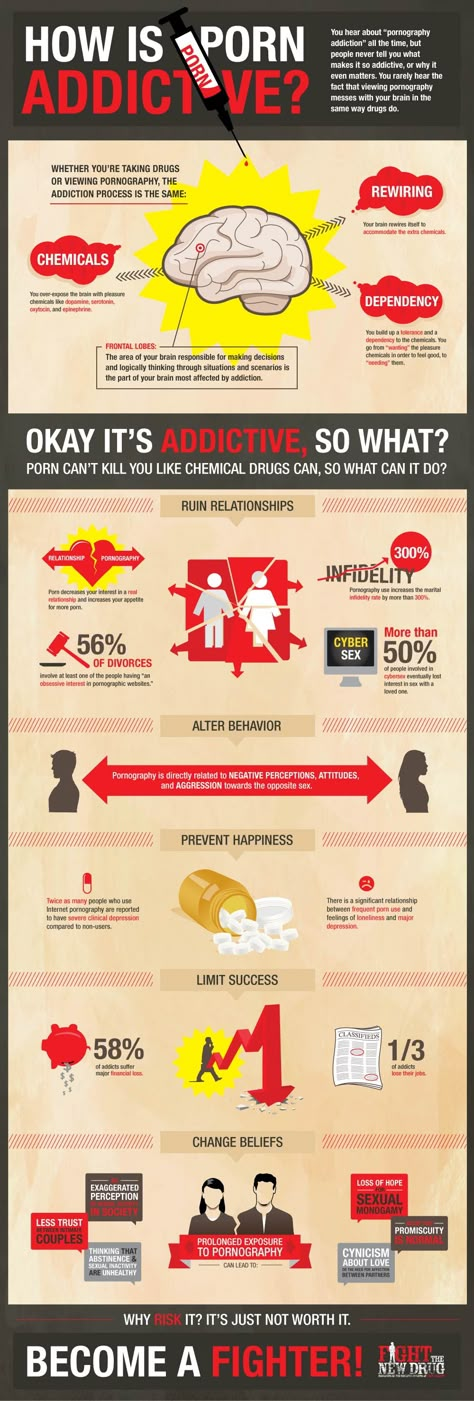
Where can I get strength?
How can you help yourself? Lena, for many years of fighting depression, which, according to her, is caused not only by socio-psychological, but also genetic, and even seasonal factors (this is called seasonal affective disorder - SAD), has developed her own recipes. “Even if you don’t feel like moving at all, at least do finger exercises in the morning, massage your head, arms, legs and neck,” she says. “And if it’s really bad, look in the mirror and see what kind of expression you have: the corners of your mouth are down , eyes half-closed, that is, the expression is very unpleasant ... "
Many who are familiar with the depressive state firsthand testify that they overcame themselves through force, each in their own way: by physical exercises, walking, fasting (under the supervision of a specialist), reading only humorous literature or watching only comedies.
One woman confessed that in especially difficult periods, walking near the school next to her house helped her a lot: the sonorous voices of children running out for recess, their causeless laughter charged her with at least a small fraction of the joy of life.



